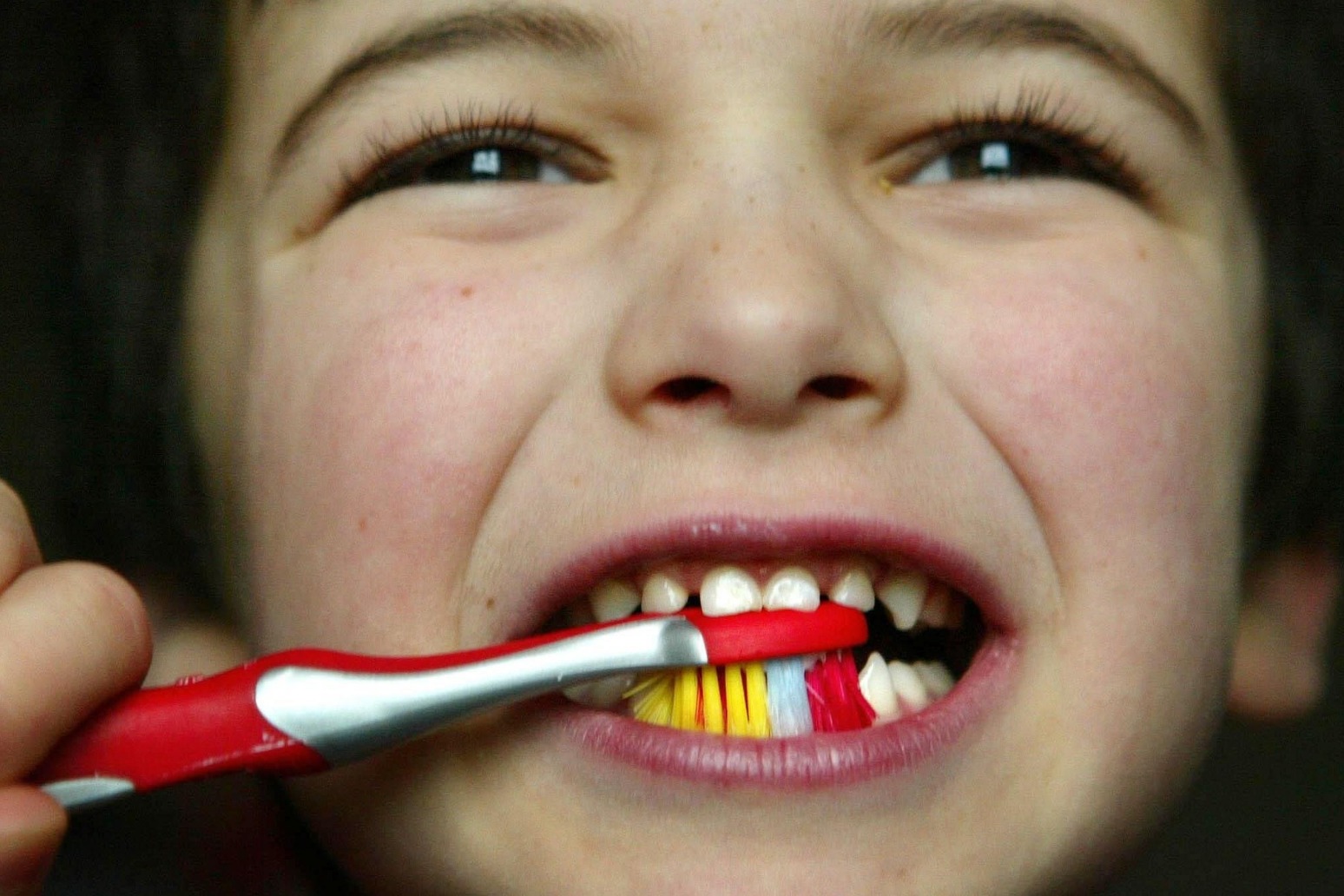
Life on the inside: 10 ways to look after your teeth in lockdown
As it is far more difficult to take a trip to the dentist or hygienist during lockdown, looking after your teeth is even more important than ever. Brush up on your dental habits with these 10 tips to avoid problems and keep your smile glowing.
- Brush your teeth at least twice a day
While everyone knows the basic rule of brushing your teeth twice a day, not everyone follows this dental fundamental.
Around 30% of Britons brush their teeth either once a day or less than once a day, compared to 8% who did so three times daily or more, YouGov found in 2017.
As well as removing plaque, the fluoride from brushing strengthens tooth enamel and can help heal some early tooth decay.
- Clean between your teeth
Brushing your teeth is not the only thing needed to have a healthy mouth, with dentists recommending people clean between their teeth once a day.
Both floss and interdental brushes can be used to clean even the tightest spots between teeth.
- Brush for long enough
While we all know the critical importance of regularly washing our hands for at least 20 seconds to prevent the spread of coronavirus, it is important to remember we also need to brush our teeth for at least two minutes.
Timers can be used to make sure mouths are perfectly clean, with fun designs and colours available to encourage children.
- Don't rinse
Contrary to popular belief, rinsing your mouth after brushing is not recommended by dentists or the NHS.
Rinsing your mouth after can reduce the fluoride and benefits from the toothpaste.
The NHS recommends rinsing with mouthwash before brushing if desired.
- Use the right tools
Using a soft or medium-bristled toothbrush will bring the most benefit.
The NHS says that while traditional toothbrushes work well, electric brushes can be more effective for people with mobility issues.
- Don't share dental tools
While this may go without saying, it is especially important not to share toothbrushes during a pandemic especially if others close to you have symptoms of Covid-19.
Toothbrushes, and even the tips of some tubes of toothpaste, may harbour bacteria.
- Watch what you eat
Sugary foods and drinks can increase the build-up of plaque on teeth which causes a wide range of oral problems.
Frequent snacking between meals will also deprive your teeth of the chance to recover from acid.
Swapping out some snacks with added sugar for vegetables, plain yoghurts and choosing water over fizzy drinks can keep plaque at bay.
- Keep an eye on your coffee intake
Although many of us reach for a cup of coffee first thing, it causes staining, bad breath and dehydration which can all wreak havoc with your teeth.
The same can be said for many other popular drinks including red wine.
- Be extra careful at night time
While the NHS does not recommend you should brush your teeth in the morning as part of a twice-daily routine, it does specifically say you should brush your teeth at night.
The production of saliva is reduced at night, which means there's less to help clean the teeth and neutralise acid.
- Be on the lookout for grinding
Grinding your teeth, particularly when you sleep, can cause headaches and facial pain.
Although the causes are unclear, it has been linked to increased stress as well as drinking or smoking.
If you think you are grinding your teeth, many pharmacists stock mouth guards to be worn at night which can help prevent damage.
Published: by Radio NewsHub